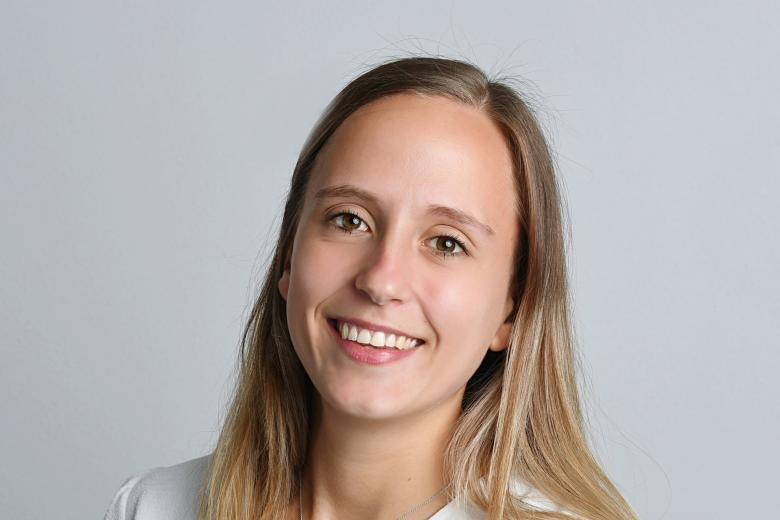3 million for research on hereditary heart failure
A team of researchers from Maastricht and Amsterdam receives a three million euro subsidy from the Dutch Heart Foundation (Nederlandse Hartstichting) to boost research on hereditary heart failure. The professors Leon de Windt (Maastricht University) and Yigal Pinto (Amsterdam UMC) are leading the project. The Hubrecht Institute is one of the other project partners. The same consortium had already received five million euros from the heart foundation. According to prof. De Windt, "this research grant is proof of our leading position in this field".
The goal of the consortium: a clinical study
With the previous grant from the Dutch Heart Foundation, they researched certain molecules in the heart and in particular the role of RNA – a "photocopy" of our DNA. "If you don’t want a mistake responsible for heart failure in the DNA to be copied, you have to stick a kind of patch onto the damaged DNA," says De Windt. The aim of the consortium is to start a clinical trial with a drug that uses RNA technology in four years.
How RNA technology can help with hereditary heart failure
When the body reads DNA to make new proteins, the double-stranded structure of DNA is separated. One strand serves as a template for a transcribed single strand: RNA. Such an RNA strand can be replicated in the lab. "If it is then inserted into one of the coronary arteries via a catheter, we can force the body to only translate information from the intact chromosome, thus making the heart function properly. This RNA technology has already been proven effective in other studies," says De Windt. Patients would have to take this medicine repeatedly, but not three times a day, like current heart failure drugs.
Link between fundamental and clinical research
The consortium focuses on those forms of heart failure current medication has the least effect on. Twenty percent of all heart failure patients in the Netherlands suffer from an inherited form of heart disease; an estimated 40,000 patients. The most aggressive form is called 'dilated cardiomyopathy' (DCM). Prof. Yigal Pinto is a cardiologist at the Amsterdam UMC and one of the doctors treating most of these patients. He is also Professor of Molecular Biology of Heart Failure in Amsterdam. "I share with Leon de Windt a great interest in new biological approaches to the heart muscle. And in addition to that scientific click, there is certainly a personal click, which speeds up progress." Together they represent the entire research chain; from fundamental scientific research to clinical treatment of patients.
Also read
-
Why some people hesitate to vaccinate and how healthcare can address this
Doubts about vaccination continue to be a significant challenge for global public health. The World Health Organisation (WHO) has listed vaccine hesitancy as one of the top ten threats to global health.
But what exactly is vaccine hesitancy and how does it impact our society? How can we address it...

-
New technique measures live activity of gut bacteria
Professor Ellen Blaak, PhD Gilian Larik and research team are tracking in MRUM fermentation chambers, how gut bacteria respond to food.

-
GROW research: all-in-one test for genetic defects in embryos🧪
Researchers at Maastricht UMC+ and GROW have developed a technique that can analyse the entire genome in a single test, allowing for faster determination of embryos suitable for successful pregnancy.
